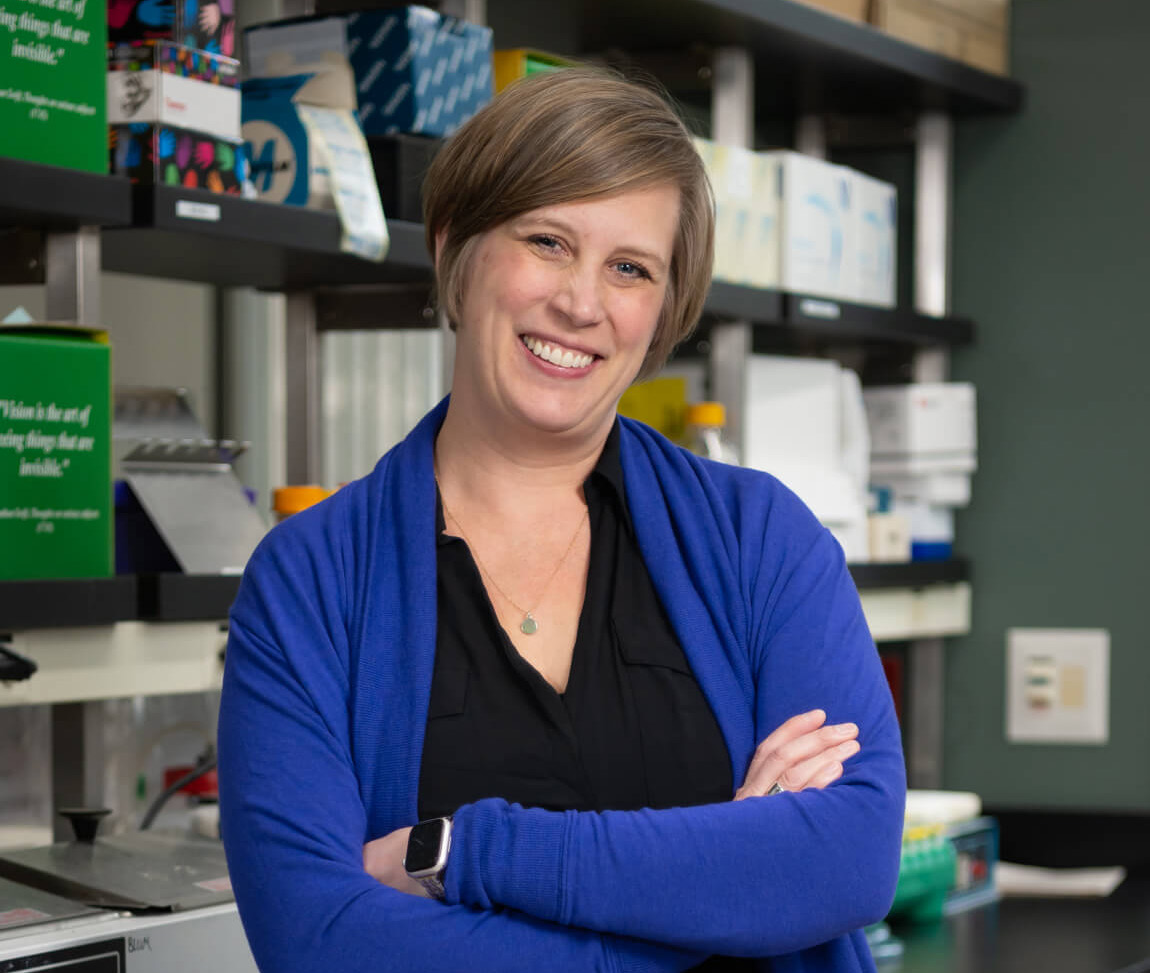Jolene McCaw Family Foundation: A personal connection, an advancement in research
Thanks to a $2 million grant from the Jolene McCaw Family Foundation, Benaroya Research Institute at Virginia Mason Franciscan is advancing grant research and quality of life.
SEATTLE — Today in the U.S., one in 15 people have an autoimmune disease, which occurs when the immune system attacks the body’s own healthy cells. Autoimmune diseases are often hard to diagnose and symptoms can be confusing, often leading to delayed diagnosis.
When the Jolene McCaw Family Foundation became aware of the prevalence of autoimmune disease — and their devastating impact — the foundation was moved to help. As they started to look into how they could make an impact, it turned out, a world-class research institute focused on autoimmune disorders was right in their backyard.

At Benaroya Research Institute (BRI) at Virginia Mason Franciscan Health, researchers are working to advance the science to predict, prevent, reverse and cure diseases of the immune system. The Jolene McCaw Family Foundation funds an array of projects, all supporting children and families to help them reach their highest potential. Together, they formed a shared goal: to improve the lives of people with autoimmune diseases.
A simple blood test can detect markers of autoimmunity called autoantibodies. We know autoantibodies are detectable in people at risk for type 1 diabetes (T1D), rheumatoid arthritis, celiac disease, Graves disease and Hashimoto’s disease, but screenings have not generally been part of primary care. Screening can provide vital information about a patient and their potential risk for autoimmune disease, which could allow a paradigm shift in the treatment of diseases and earlier interventions.
The question was posed: What steps would it take to make these tests accessible in primary care clinics and is widespread screening feasible?
 Autoimmune diseases can be debilitating, and there is so much that is unknown about what causes them or why certain people get immune diseases. These mysteries are what drive researchers like Cate Speake, PhD, an Associate Member and Scientific Director of the BRI Center for Interventional Immunology.
Autoimmune diseases can be debilitating, and there is so much that is unknown about what causes them or why certain people get immune diseases. These mysteries are what drive researchers like Cate Speake, PhD, an Associate Member and Scientific Director of the BRI Center for Interventional Immunology.
Although early diagnosis and treatment can lead to better long-term outcomes, many people with autoimmune disease suffer due to a lack of diagnosis. Autoimmunity is a complex puzzle. It’s one of the things that drew Dr. Speake to this work.
“We learn from the clinic, and then people like me think about how we can address that problem,” said Dr. Speake. “We weren’t finding disease early enough. The question we asked was, ‘Can we fix that problem?’ If we can find people before disease, we can potentially delay disease onset.”
We weren’t finding disease early enough. The question we asked was, ‘Can we fix that problem?’ If we can find people before disease, we can potentially delay disease onset.
— Cate Speake, PhD, an Associate Member and Scientific Director of the BRI Center for Interventional Immunology
“From our very first meeting, we were impressed with BRI’s vision, team and operation,” said Jolene McCaw. “We are excited to partner to help advance research and improve the quality of life for people with autoimmune disease.”
The generous grant has allowed BRI to pilot test autoantibody screening at two Virginia Mason Franciscan Health primary care clinics. BRI was able to identify how to - and how not to - do this kind of screening in a future, wider rollout. Without funding from the Jolene McCaw Family Foundation, the study wouldn’t have been possible.
“Pilot funds are critical to move studies forward,” said Jane Buckner, MD, President of BRI. “Moving from learning something is scientifically true to clinically implementable is a hard bridge to cross. Funds like this help us move across that bridge.”
This grant will make a lasting difference and ultimately provide building blocks for future research and treatment approaches. We can make screening for autoimmunity simple and accessible, hopefully providing early diagnosis or even stopping the progression of disease all together.
###
More Stories